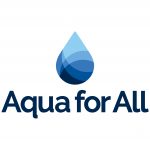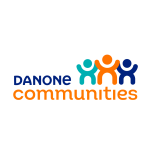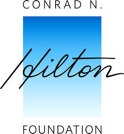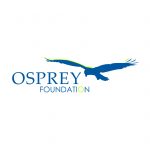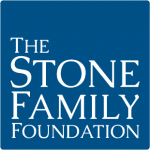Safe Water Enterprises (SWEs) provide a modular, decentralised approach to delivering safely treated drinking water in the developing world. This site offers access to a report completed in January 2017 by Dalberg Global Development Advisors on the current state of the SWE market. The report analysed 14 SWEs that serve a total of 3 million people and also undertook a global market assessment. Key findings include the potential to serve billions of people and the challenges, which are clearly identified in the study, to be overcome if this potential is to be realised. Both the full report and a summary of the report’s highlights can be downloaded without charge through the links below. The report was supported by Aqua for All, Danone Communities, Conrad N. Hilton Foundation, Osprey Foundation and The Stone Family Foundation.
THE UNTAPPED POTENTIAL OF DECENTRALISED SAFE DRINKING WATER ENTERPRISES
2020 UPDATE: ASSESSING THE CLIMATE RESILIENCE OF SAFE WATER ENTERPRISES
In recent years, Safe Water Enterprises have emerged as a viable solution to help meet the world’s drinking water needs. However, climate change is increasingly threatening water supply systems around the world, including SWEs, and necessitates that water systems build resilience to guard themselves against potentially devastating effects. In this light, a new report has been completed in 2020. Based on the assessment of the climate risks and resilience enablers per geography, it provides a methodology and a framework to analyze the climate resilience of the SWEs
RESILIENCY OF THE SAFE WATER ENTERPRISE MODEL: KEEP THE WATER FLOWING
COVID-19 presented challenges for safe water enterprises (SWEs) as well as opportunities to demonstrate their resiliency in the face of a crisis. The World Bank’s Water Utility Assessment Tool for COVID-19 was adapted to fit SWE hand pump and piped water models across six countries. The exercise provides evidence around why and how SWEs are a resilient approach to service delivery: they are embedded in local communities; have diverse revenue streams; and can tap into strong local supply chains that can be used to support government crisis response strategies. The report puts forth a set of common tools and frameworks to inform future response strategies for infectious disease crises. The report was supported by Osprey Foundation.

